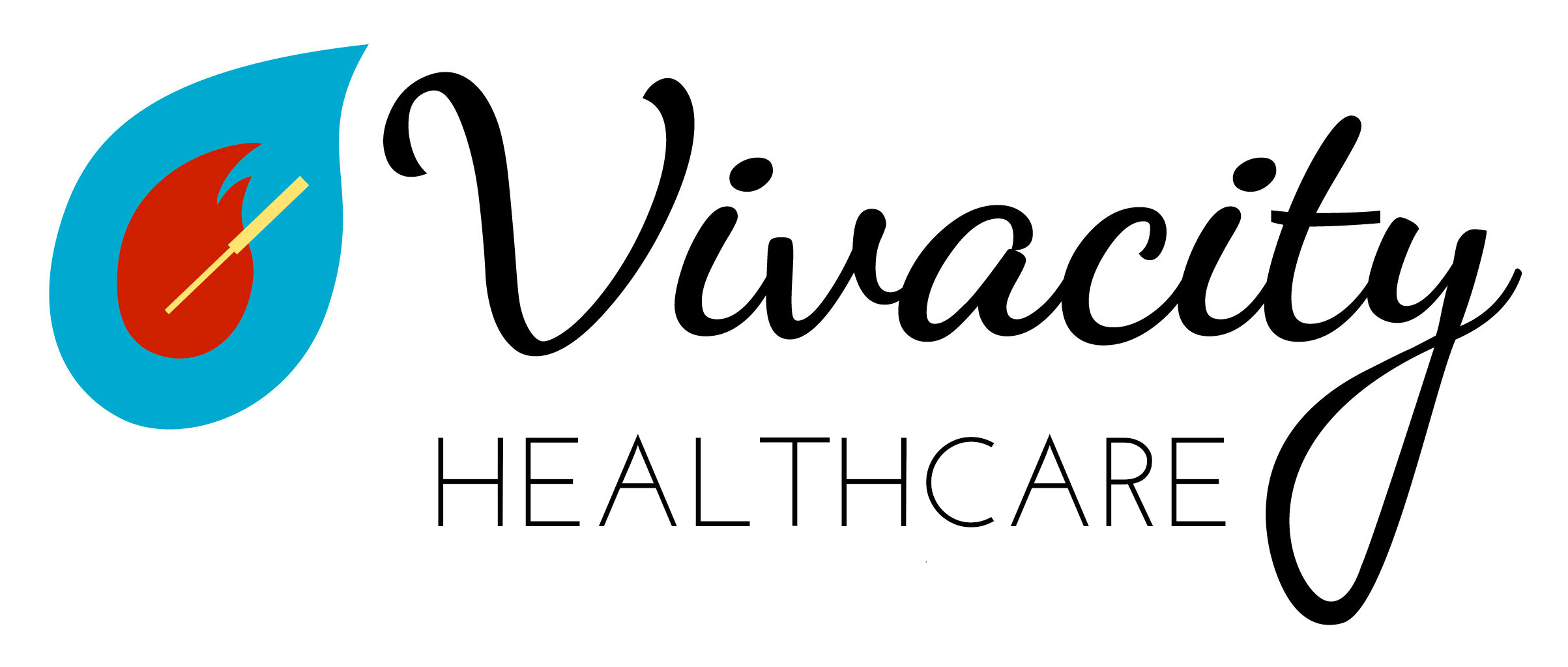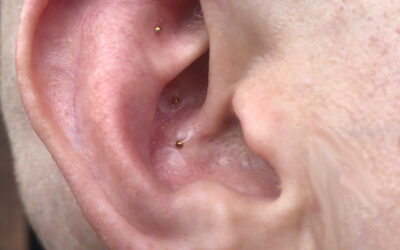The New York City marathon is only a month away, and many runners are busily gearing up for the big event. I am treating several participating runners to circumvent pains and strains in order to maximize their training routines and achieve their personal best.
Common issues runners experience while preparing for a half or full marathon are:
-Morton’s neuromas (pain in the ball of the foot)
-Plantar fasciitis (pain in the heel)
-Shin or calf splints
-Knee pain
What’s happening with Morton’s neuromas is that the nerve endings in the foot become compressed and aggravated. The first thing to rule out of the potential causes is the fit of your shoes. If your shoes are too narrow, they may be compressing these areas, especially as your feet naturally swell while running. Either a larger shoe or a set of orthotics that increase the spread of the foot within your shoes may solve the issue. Acupuncture between training sessions leading up to the marathon can promote circulation through the foot and eliminate pain.
Both plantar fasciitis and shin or calf splints are rooted in tight calf muscles and a relative weakness in the front leg muscles. Commonly, tight calves pull up on the heel, which in turn can either cause local pain right on the bottom of your heel and/or pull the front of your foot down straining the muscles in the front of your leg. The solution is to stretch and relieve tension in your calves and strengthen your anterior leg muscles.
1) Stretch the back of your legs several times a day, especially before and after you run. Foam rolling prior to stretching can help decrease surface tension so that you are getting the maximal benefit.
2) Acupuncture can relieve the tension in your leg muscles to maximize the benefits of stretching. Even one acupuncture session is enough to see major improvements. The best preparation is to get a few weekly sessions as you ramp up your distance in the training period with the final session a few days before the marathon. One or two follow-up session can be made after the marathon to eliminate any tension or strain from the big day, but it’s best to preventatively treat in the training period.
3) If you have the tendency to aggravate the same issue repeatedly, a physical therapist can guide you in a variety of stretches and exercises that can accomplish both stretching and strengthening.
4) You could also try inserting heel lifts in your shoes so that your calves don’t have to stretch as far.
Knee pain that is aggravated by running is typically caused by tight muscles and tendons that are pulling the kneecap out of alignment leading to tracking issues. Again, this issue underscores the importance of conscientious stretching before and after running, especially of the quads and IT band. If these muscles have reaches the point where they are pulling on the kneecap, acupuncture therapy to release these muscles is often indicated.
Finally, keep in mind that most running issues are essentially overuse injuries. Make note of how your body feels while running, and slow down or back off when you begin to feel pain. At times, the best training move you can make is taking a few days off altogether. The important thing is not to run through the pain making it worse!




